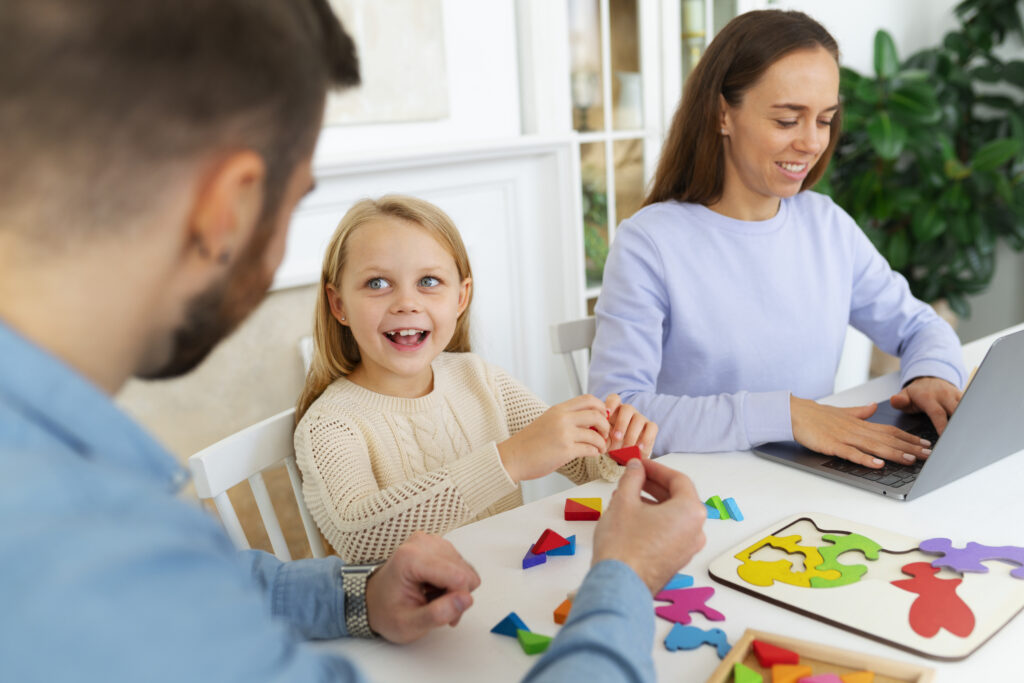What Age is Preschool? A Comprehensive Guide for Parents
Choosing when to enroll your child in preschool is a critical decision that impacts their development. Many parents ask, “What age is preschool?” In this article, we’ll explore the recommended preschool age range, its benefits, and key factors to consider when selecting the right preschool for your little one.

Wondering at what age preschool starts? Discover the ideal preschool age for your child, its benefits, and tips for choosing the right one.
Introduction
Choosing when to enroll your child in preschool is a critical decision that impacts their development. Many parents ask, “What age is preschool?” In this article, we’ll explore the recommended preschool age range, its benefits, and key factors to consider when selecting the right preschool for your little one.
What Age is Preschool?
Preschool typically starts between the ages of 3 to 5 years. However, this can vary depending on your country, state, and the individual needs of your child. The main goal of preschool is to help children transition from home to a more structured learning environment.
Age Breakdown:
- 3-Year-Old Preschool Programs: These programs focus on introducing basic social skills, early literacy, and simple activities. At this age, children are more curious and begin learning through play-based activities.
- 4-Year-Old Preschool Programs: At age 4, children start to develop more advanced motor and cognitive skills. Preschool at this age focuses on preparing children for kindergarten by enhancing their language and numeracy skills.
- 5-Year-Old Programs: Some children might still be in preschool at 5, especially if parents choose to delay kindergarten entry for personal reasons or if local education policies suggest starting later.
The Benefits of Preschool
Preschool provides several advantages for young children, including:
- Social Development: Children learn to interact, share, and build friendships in a structured environment.
- Cognitive Growth: Activities promote early learning in literacy, numeracy, and critical thinking.
- Independence: Preschool encourages children to gain independence through structured activities and guidance.
For more details on how early education can benefit your child’s development, visit our Wellness Page.
Factors to Consider When Choosing a Preschool
When selecting a preschool, it’s essential to consider factors such as:
- Program Curriculum: Ensure the preschool has a well-rounded curriculum that matches your child’s learning pace.
- Class Size and Teacher Ratio: Smaller class sizes generally provide more individual attention.
- Location and Cost: Make sure the preschool is conveniently located and fits within your budget.
- Safety and Cleanliness: Check the preschool’s safety protocols and cleanliness standards.
Is Your Child Ready for Preschool?
Here are some key signs that your child may be ready for preschool:
- They express an interest in learning or playing with other children.
- They can follow simple instructions.
- They have some basic self-care skills like washing hands and using the restroom.
If your child shows these signs, it might be time to consider enrolling them in preschool. Additionally, you can check local preschool programs through Child Care Aware of America for more guidance.
Common Questions About Preschool Age
Q: Can children start preschool at age 2?
A: Some programs offer classes for 2-year-olds, often referred to as “pre-preschool.” These programs emphasize early socialization and basic motor skills.
Q: What if my child isn’t ready for preschool at 3?
A: It’s okay if your child isn’t ready. Every child develops at their own pace. Some parents may choose to delay preschool until age 4 or even 5.
For more tips on parenting and early childhood development, read our article on Essential Parenting Tips for New Moms.
Conclusion
Preschool is an important milestone for your child. While the typical preschool age ranges from 3 to 5 years, understanding your child’s individual readiness is key. As you explore options, prioritize your child’s development and comfort. With the right preparation, preschool can be a wonderful foundation for lifelong learning.